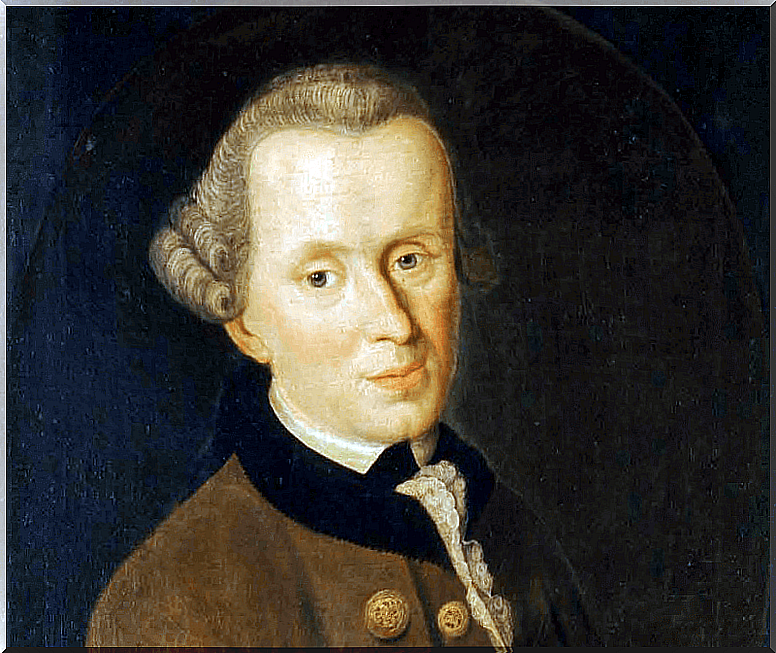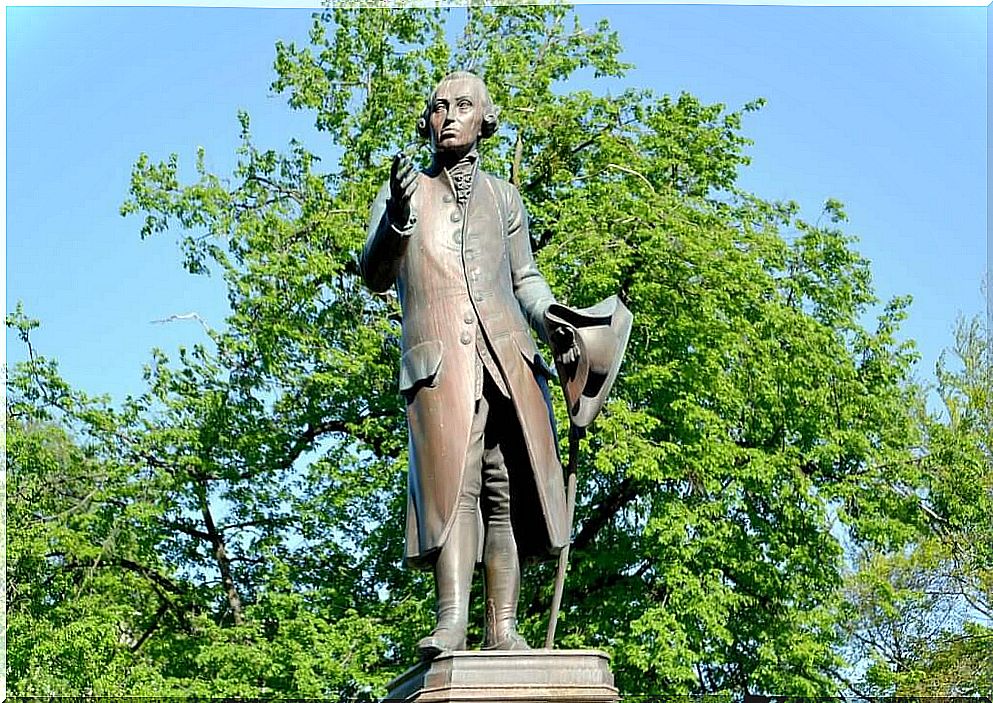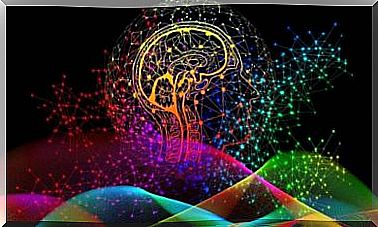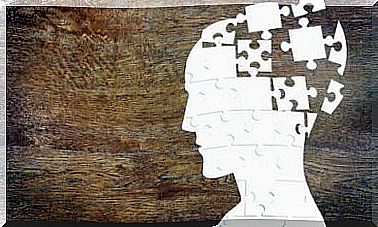Kant’s Ethics: The Categorical Imperative

The history of philosophy is the history of revolutions: in terms of knowledge, morals, politics, economics, ethics, and in it we find figures equally admired and hated, such as Immanuel Kant. Who doesn’t know the philosopher from Königsberg?
Many anecdotes are told about him, such as that he was so methodical in his ways that local housewives set the clock using his five o’clock walk as a reference. Biographers also highlight his lack of personal ambition and his love for the place where he was born and died, as well as his interest in cultivating those relationships that were an intellectual stimulus for him.
We are talking about a lover of physics, math and science in general. Passionate about geography, austere in his customs. Charismatic teacher: many students went to Königsberg to attend his classes, where there was rarely free space. He loved knowledge and, in turn, he knew how to plant the seed of that love in his students.
education
He was raised in a religious environment and lost his mother when he was very young. Despite this, she had time to teach him how to look at and name the stars: a memory Kant would have fondly inspired by his Critique of Practical Reason.
The education he received was marked by a very strong religiosity, authoritarianism, dogmatism and very marked oppression, which were a general norm in the social environment at the time and, by extension, in the education of students.
Kant’s Revolution
In the book, Kant: The Copernican Revolution in Philosophy , the author, Joan Solé, refers to the relationship between Kant and Hume, taking Charles Chaplin’s film The Boy as an analogy . In the film, a boy is tasked with breaking the windows of different windows while, shortly thereafter, a glazier comes by to offer his services.
Well then, Hume would be the child, destroying much of the theory of knowledge established until that moment, based mainly on Descartes’ thought. Kant would be the glazier, “Kant found the shattered glass and offered to fix it, putting a frosted glass in its place […]”, so that philosophers would realize that they saw the world through a translucent glass.
Thus, the revolution proposed by Kant in terms of knowledge was to highlight an idea on which psychology bases many of its current interventions in different areas: “Our ideas are far from being a faithful image of the world”.
For Kant, perhaps philosophy had been able to get out of Plato’s cave. However, following Hume, that didn’t mean that we actually had enough tools to access the world as it is (numeno).
On the other hand, it overcomes the relativism into which the empiricists rush us. “Kant preserves the impression of sensitive perceptions registered by intuition, but includes it in forms and schemes that are not given by sensibility, but established by the subject”.
The categorical imperative: the basis of Kant’s ethics
Kant understands ethics as an expression of human rationality. If the curious reader wants to read his original exposition, he can find it in the Critique of Practical Reason and Fundamentals of the Metaphysics of Morals – works to digest much more calmly than this article, although they are not, of all the works of the philosopher, the that most test our reading comprehension. On the other hand, the categorical imperative represents the maturation of ethics, just as the Enlightenment could have been the maturation of knowledge.
Kant’s ethics is so powerful because it transcends circumstances, individualities and conditionalities. Nor is it an ethic that exhausts a person’s freedom. On the contrary, it is a guarantee, because it acquires meaning precisely in this freedom. Finally, it stands out for being an end in itself, it is not subject to happiness, love or pleasure. It is not a way to feel good, nor a comfortable mattress for our self-esteem.
Following Kant’s ethics – formal and universal – requires effort. It’s not something that comes naturally. Therefore, our commitment to it is the duty, the obligation, the imperative.
his teachings
“Only act in such a way that you can expect the maxim of your action to become a universal law.” In other words, your way of acting will be approved by Kant’s ethics when it satisfies the desire for everyone to act the same way. This is Kant’s Copernican Revolution: ethics does not exist as a product of freedom, immorality or the existence of God, but justifies the existence of the rest of the elements.

Thus, if we look at the world, we will see that Kant’s ethics is far from prevailing. Power, or the aspiration for power, the fear of uncertainty, the need for security, seem to be much more powerful motivations than acting with the honest intention that this way of acting is universal.
We “welcome” visitors if they bring money to spend; we sign peace when it is more expensive than war; we bet on the truth if it gives us more profit than the lie. Kant died over two hundred years ago, but we probably haven’t started to get his message yet.









